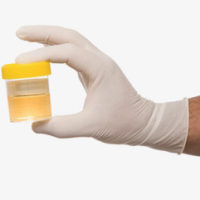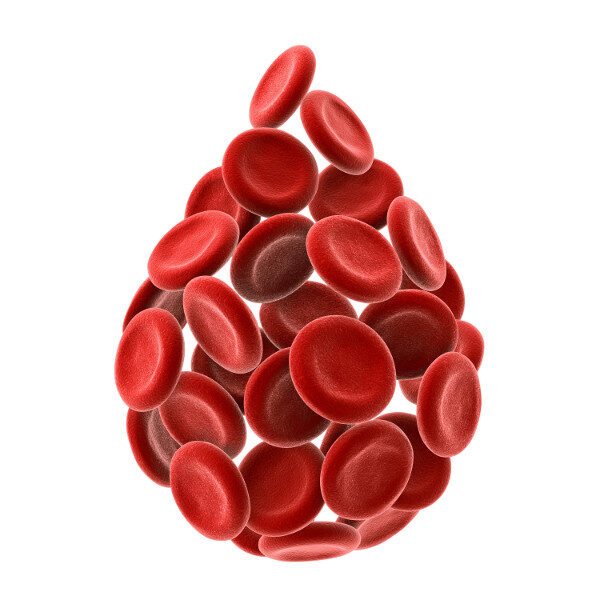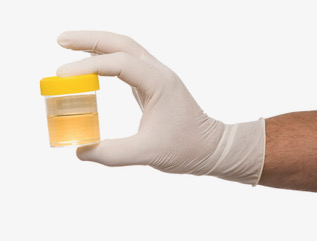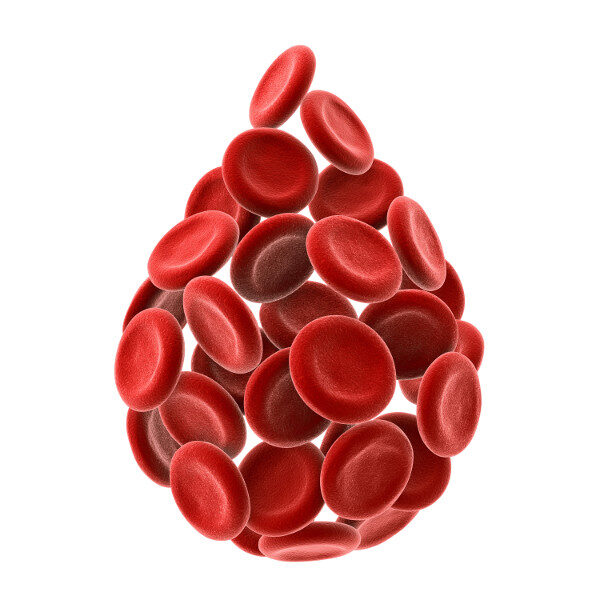The OAp Test Evaluates Several Areas, Including:
Energy & Mitochondrial Processing, which offers insight into:
Glycolysis
Krebs cycle (Mitochondrial function)
Fatty acid oxidation
Carnitine demand
Ketones
Nutrition for information related to nutritional insufficiencies and:
B-Complex (vitamin B1, B2, B3, B5 and lipoic acid), vitamin B12, B6, folate, and biotin
Dietary intake: plant components and fructose intake
Stress & Mood for analysis of:
Catecholamine turnover
Serotonin turnover
Neurological inflammation
Cortisol and cortisone
Toxic Impacts for insight into the detoxification processes and assessment of:
Oxidative damage
Toxin exposure to xylene, styrene, and ethylbenzene
Glutathione status
Kidney function
Oxalate metabolism
GI Microbial Metabolites for evaluation of gut dysbiosis through analytes related to:
Tyrosine & tryptophan metabolites (protein fermentation)
Polyphenol metabolites (saccharolytic fermentation)
Glycine conjugation
Equol production
Fungal assessment
The OAp Test Evaluates Several Areas, Including:
Energy & Mitochondrial Processing, which offers insight into:
- Glycolysis
- Krebs cycle (Mitochondrial function)
- Fatty acid oxidation
- Carnitine demand
- Ketones
Nutrition for information related to nutritional insufficiencies and:
- B-Complex (vitamin B1, B2, B3, B5 and lipoic acid), vitamin B12, B6, folate, and biotin
- Dietary intake: plant components and fructose intake
Stress & Mood for analysis of:
- Catecholamine turnover
- Serotonin turnover
- Neurological inflammation
- Cortisol and cortisone
Toxic Impacts for insight into the detoxification processes and assessment of:
- Oxidative damage
- Toxin exposure to xylene, styrene, and ethylbenzene
- Glutathione status
- Kidney function
- Oxalate metabolism
GI Microbial Metabolites for evaluation of gut dysbiosis through analytes related to:
- Tyrosine & tryptophan metabolites (protein fermentation)
- Polyphenol metabolites (saccharolytic fermentation)
- Glycine conjugation
- Equol production
- Fungal assessment



